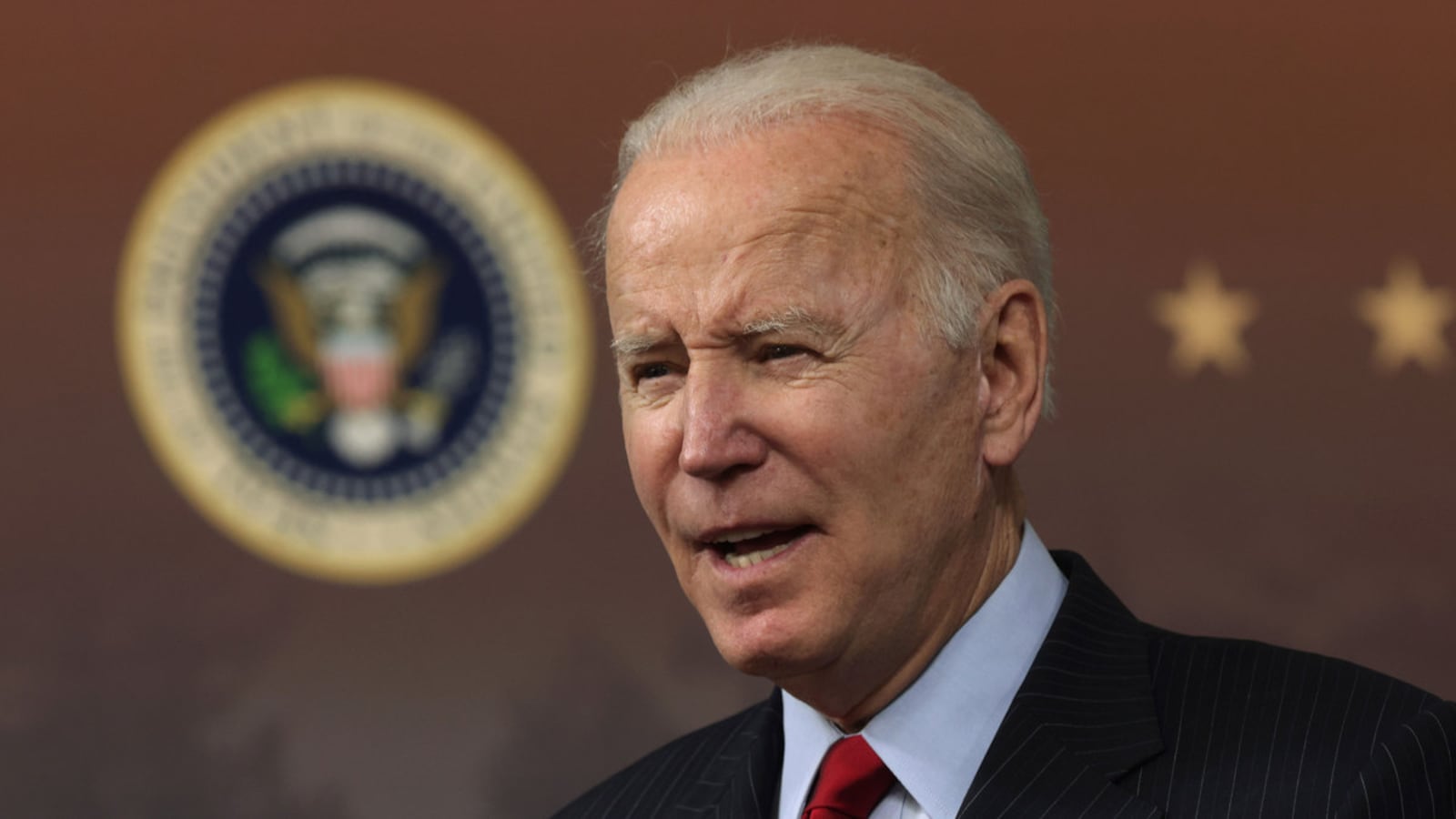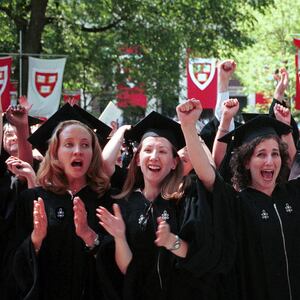The Biden administration just doubled down on its support of racially-conscious university admissions. In a 23-page brief filed with the U.S. Supreme Court on Wednesday, Merrick Garland’s Department of Justice endorsed Harvard University’s stance on affirmative action and asked the high court to decline to take up a constitutional and statutory challenge to the school’s policies.
Harvard effectively mandates that Asian American applicants must score 140 points higher than white students, 270 points higher than Latino students, and 450 points greater than Black students to earn an acceptance letter. This gap has even earned the moniker of the “Asian tax.”
DOJ argued that Harvard’s “consideration of race in admissions” was legally sustainable because the school’s standards were “narrowly tailored” and designed “to further a compelling interest in obtaining the educational benefits that flow from a diverse student body.”
Come Election Day 2022, voters may well disagree—as they have consistently done in the past. Indeed, the Justice Department’s submission stands to further complicate things for the Democrats with the electorate at large, and particularly among Asian American voters.
In 2006, Michigan’s voters outlawed race in admissions by a 3-to-2 margin. Exit polls showed that nearly every demographic group backed the measure, which non-churchgoers, evangelicals, college graduates, and high school drop-outs all supported.
Even as Joe Biden was blowing out Donald Trump by 30 points in California last year, Golden State voters resoundingly rejected a measure to restore racially-conscious practices in the state’s schools and government. Equality of outcome, a Kamala Harris hobby horse, is bad politics as well as bad policy.
And just last month, Virginians elected Republicans across the board after Democrats stood flat-footed in the face of charges that progressive public schools were making critical race theory and critiques of white privilege into cornerstones of the educational experience.
By signing on with Harvard in support of race-based affirmative action, the Biden administration, already in a hole, is still digging at a moment when the president’s approval ratings are under-water and congressional Democrats are trailing in hypothetical match-ups.
Now the GOP has a document it can point at, and another case likely to end up being picked up by the Supreme Court and then decided by its 6-3 conservative majority. John Roberts, the chief justice and sometimes swing vote, has consistently voiced disapproval of the injection of race into admissions.
In a 2007 case concerning Seattle’s schools, Roberts opined: “The way to stop discrimination on the basis of race is to stop discriminating on the basis of race.” Less than a decade later, in a 2016 decision that sustained affirmative action at the University of Texas, Roberts and Clarence Thomas joined a dissent penned by Sam Alito.
Since then, Anthony Kennedy and Ruth Bader Ginsburg—who voted with the five-member majority—have left the bench. Kennedy retired in 2018, and Ginsburg died in September 2020. Their successors, Brett Kavanaugh and Amy Coney Barrett, are unlikely to be as sympathetic to Harvard’s arguments as their predecessors might have been.
Only four members of the court are needed to take up a case, which would likely result in the Biden administration filing another brief as the mid-terms heat up.
To be sure, even before the Biden administration weighed in, Asian Americans were having second thoughts about the Democrats. Biden’s 63-31 margin among Asian Americans actually represented a 6-point slip from Hillary Clinton’s 65-27 performance in 2016.
In New York City’s recent mayoral elections, Curtis Sliwa, the Republican, eked out an embarrassing 29 percent of the vote, but still managed to land 44 percent in precincts where more than half of the residents are Asian , better than his showing in white enclaves. A week later, an op-ed in the New York Times blared: “Democrats Still Don’t Understand Asian American Voters”.
To be sure, education played a major role in Sliwa punching above his weight with Asian voters. His support for keeping “merit-based SHSAT,” the gate-keeping exam to academic powerhouses like Stuyvesant and Bronx Science that outgoing Mayor Bill de Blasio has attacked, along with the city’s gifted and talented programs, helped him avert total electoral disaster.
Crime is another related headache for the Democrats that disproportionately weighs upon Asian Americans. In Bill de Blasio’s Big Apple, hate crimes doubled over 2020, with anti-Asian and antisemitic attacks “fueling” the spike, according to the NYPD.
Meanwhile, across the U.S., a dozen major cities “hit all-time homicide records” in 2020. In the swing state of Pennsylvania, Philadelphia has already recorded more than 500 murders this year. Defund the police is not a slogan to live by or campaign on.
Culture and crime count. These days, Biden holds a statistically insignificant 46-45 lead over Trump in a hypothetical 2024 rematch.
Meanwhile, nearly three-quarters of Americans (73 percent) say colleges and universities should not consider race or ethnicity when deciding student admissions. The administration’s brief in the Harvard case did not help the president or his party.







